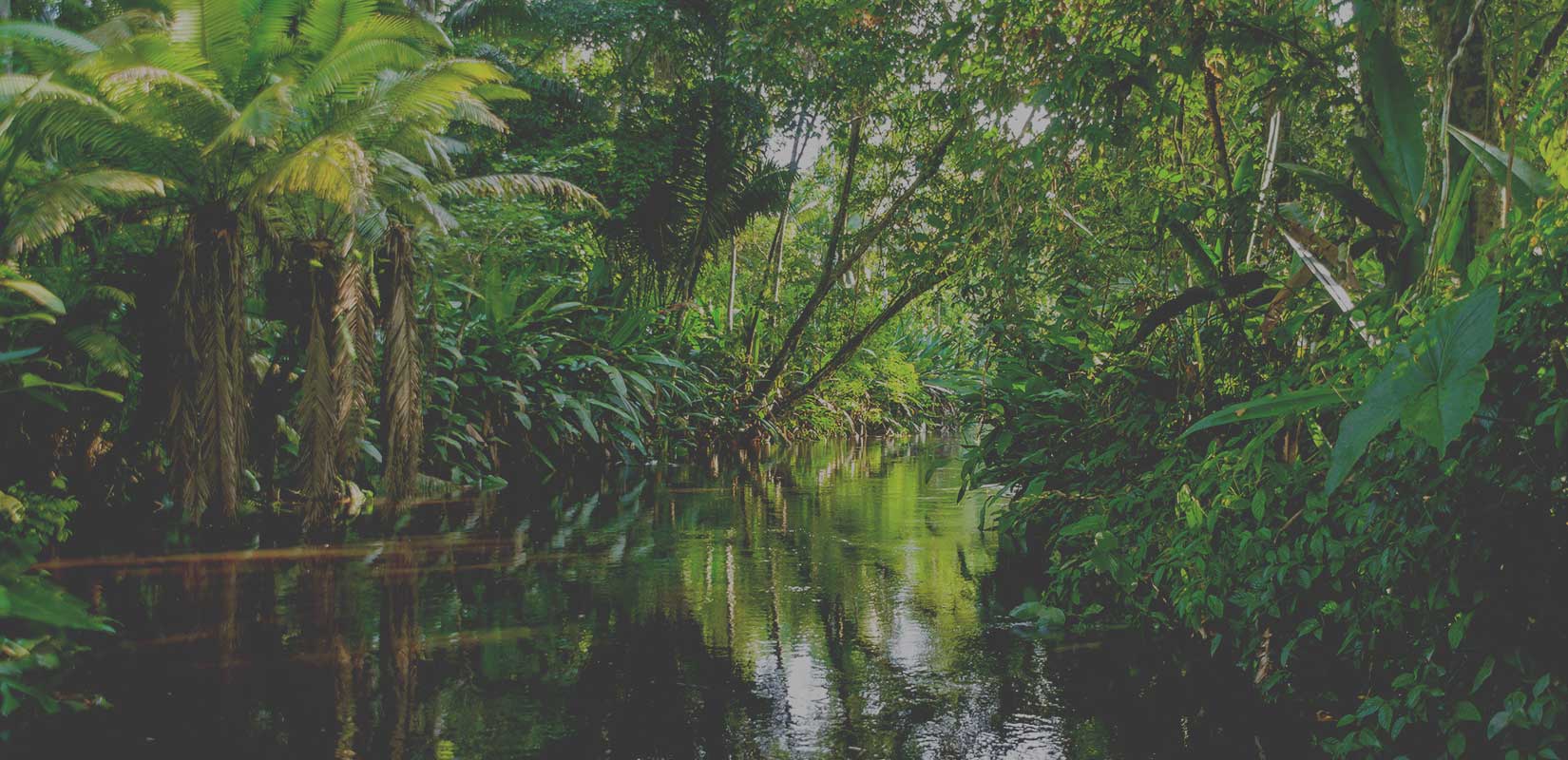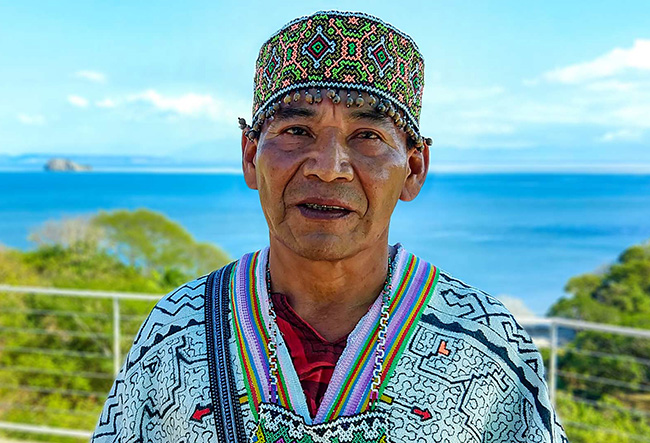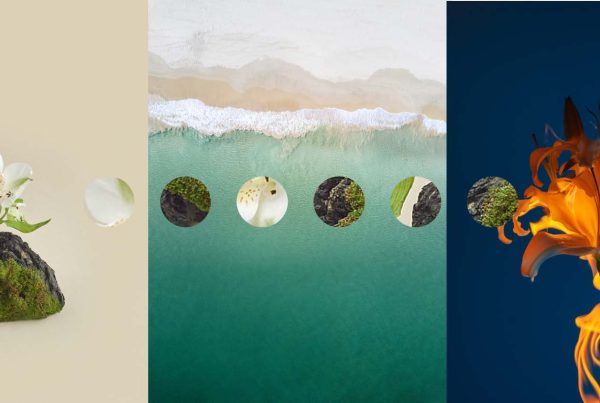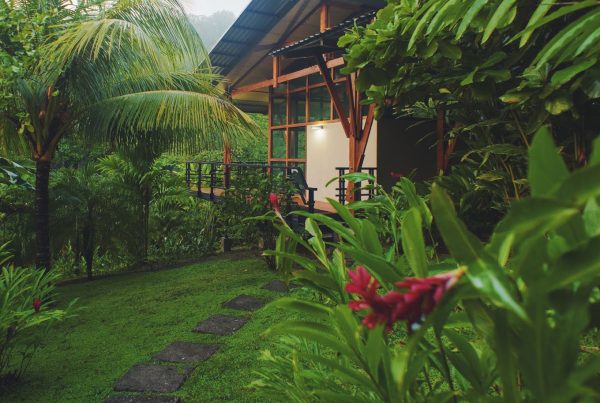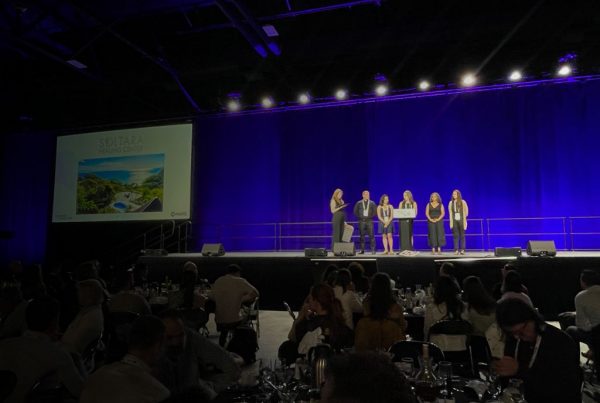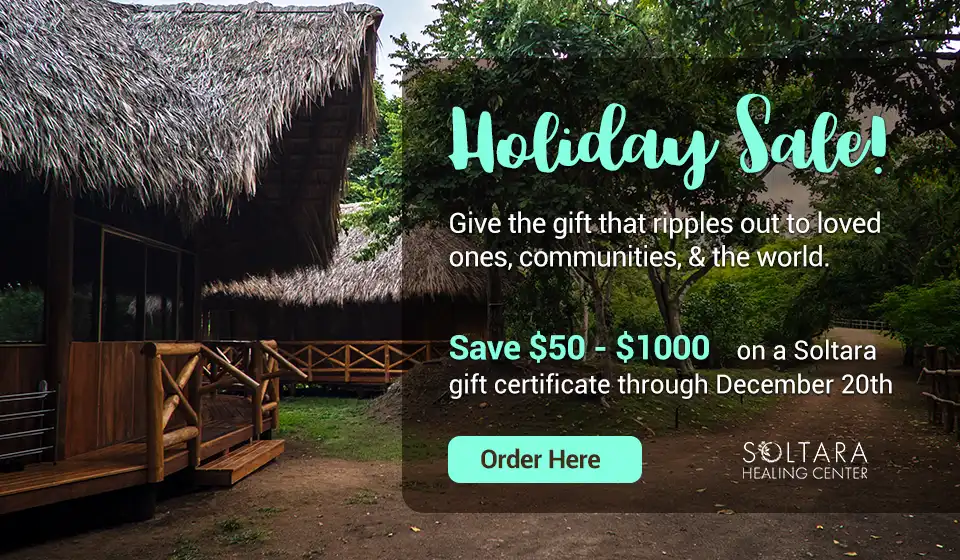A Western medical doctor and trained ayahuascero shares 5 ways to integrate reciprocity into healing
What role does reciprocity play on our healing journey, and why does this matter?
In our recent conversation with Dr. Joe Tafur, we were honored to dive deep into this inquiry along with his powerful story as a Medical Doctor who chose the path of bridging the worlds of Western Medicine and Shipibo Curanderismo, sometimes referred to as shamanism. For those who know Soltara well, this is a topic near and dear to our hearts. Joe Tafur is a Colombian-American family physician originally from Phoenix, Arizona who advised Soltara in the early days of getting started, and has quite an extensive background. If you’re curious to get the longer version, you can also find it in his book, The Fellowship of the River: A Medical Doctor’s Exploration Into Traditional Amazonian Plant Medicine.
From ayahuasca to MDMA and now ketamine-assisted healing, Dr. Joe Tafur’s work has spanned different medicines and indigenous cultures from which those medicines originated. The important role of reciprocity, which Chacruna Institute defines as honoring the “indigenous roots of the psychedelic movement,” became central to our conversation.
“Science wasn’t enough to heal me,” he shared with a mix of peaceful resolve and matter of factness.
This isn’t the first time we’ve heard this sentiment. At Soltara, we welcome seekers far and wide from all corners of the world to experience healing outside of Western medicine because all too often, our retreat guests are unable to find answers to bigger existential problems, chronic health issues, and unresolved trauma that resulted in overall states of imbalance and dysfunction in the mind, body and spirit. Essentially, the spiritual or emotional dimensions of healing are sorely lacking from the mainstream narrative around healing. This is misguided. Beyond all the anecdotes and personal stories, there is much evidence to support the link between spiritual healing and overall health.
This is precisely what Joe’s life work is all about. Through his non-profit Modern Spirit, he is “dedicated to demonstrating the value of spiritual healing in modern healthcare by illuminating the intersection between biology, emotion and spirituality.” In his pursuit of expanding our culture’s capacity to heal, build resiliency and live more fully, Joe encourages us to re-establish our relationship to the indigenous people and cultures that have carried the healing lineage and wisdom forward – without which, there would be no Shipibo-led healing or other profound forms of transformation emerging in the psychedelic therapy space.
To that end, we got right to the heart of reciprocity, and what we can do to re-establish a healthy relationship to the sacred, the indigenous peoples and all that will contribute to a sustainable future for our planet, communities and individual health. Much of this conversation was inspired by Joe Tafur’s colleague’s upcoming documentary, “Kumanday: Way of the People,” which we’ll unpack further below. Please consider donating to help get this incredible film out there in the world!
Five important ways to integrate reciprocity into your healing journey
- 1. Accept that life exists beyond the 5 senses – For historical reasons, it makes sense that spirituality and religion can be a triggering topic for many. That said, for many indigenous cultures, spirituality becomes the invisible thread that connects humans and all beings to the earth itself. Much like a lifeline we can quite literally touch in peak healing experiences like Shipibo-led ayahuasca ceremonies, many of these indigenous cultures think of spirituality as one and the same as healthcare. For many of them, our current ecological crisis is a direct result of our spiritual disconnection. It seems that Western science is only beginning to catch up with the metaphysical reality governing indigenous cosmology since time immemorial. As Dr. Bill Richards, a psychedelic psychotherapist at Johns Hopkins University says, “[If] you go deep enough or far out enough in consciousness, you will bump into the sacred.”
- Treat nature the way you’d like to be treated – The core of reciprocity comes back to how we relate to everything around us – from our loved ones, to the plants, animal kingdom, fungi and Earth itself. While this concept is becoming more mainstream, it’s far from enough given just how serious climate change has become. So much so that the concept of eco-anxiety has emerged in our mainstream lexicon, defined as “a chronic fear of environmental doom.” Joe shared a beautiful anecdote of how this level of reciprocity is embodied within the Navajo people of the Southwestern U.S. Anytime a Navajo medicine man is gifted with plant medicine, he will always ask, “Where did they source this? Did they pray over it?” In the Navajo culture, that is what’s most important to them as they believe the care that was given to the plants will ultimately affect the whole healing journey that follows, including the humans who work with it too. All that to say, anytime you take anything from nature, it’s customary to acknowledge it by offering a prayer, energetic gratitude or some kind of loving recognition.
- Ask indigenous-centered questions to learn from the wise – In essence, we have so much to gain from our indigenous elders and their communities. Joe’s upcoming documentary, “Kumanday: Way of the People,” traces the unprecedented meeting of six indigenous Colombian communities who despite their adversity of living in the shadows of a colonialist past, have initiated an intercultural exchange through forming the Council of Ancestral Spiritual Authorities of Colombia. This documentary will spotlight never-before-seen footage of these cultures, which begs the question – why don’t these issues get more airtime in general? For one, indigenous people are rightfully fearful of receiving too much attention. Given the severity of modern times rife with climate change, violence, political strife, war, a plummeting economy, social injustice, and more, these indigenous leaders are ready to take a stand and share their depth of wisdom with the rest of the world. Some questions we can learn to ask ourselves through their lens include: what does it take to bring everyone back to the same frequency of creation and healing? How can you reconnect to the golden thoughts of your childhood (in your innocence) to heal yourself? What can we learn from nature herself to reconcile with the shadows of our past so we can live more fully in the present?
- Practice empathy for ancestral healers and their families – All healing roads will eventually lead us face to face with the ignorance we have not yet grieved. Through healing, we will grieve it and surrender to the unknown that lies beyond. In what ways have we become blind to the wholeness and purity that we all come from? When we remove our conditioned blinders, we come to find that we’ve always been cut from the same cloth. Thanks to our incredible ancestral healers (whether from the Shipibo lineage or other indigineous groups like the Kumanday), when we embark on a plant medicine experience, we are guided by highly experienced, trustworthy, compassionate and loving guides that bring us back home to ourselves. As Joe reminds us, “the healers want to know what happened to you and make room in their heart to address all sides of you.” The question is – do we, the Westerners, make room in our hearts for the Shipibo people? What is it like for their families back at home who struggle with poverty everyday? How do they feel when they leave their communities to travel abroad and facilitate ceremonies? When we can make room in our hearts to get to know them better, we access a wider window into the sacred medicines with a new level of appreciation.
- Trust the healing even if you can’t understand it – This comes up at Soltara time and time again. So much of the healing work arrives in ways that we least expect or can even wrap our rational minds around. If we consider that the Western World has trained us to overly intellectualize reality and accept only what is scientifically proven, we miss out on the potential to heal from ancestral medicine, which doesn’t subscribe to the reductionist and fragmented lens of Western science. Ancestral medicine practices a cosmology predicated on the belief that all living entities are interconnected and woven from the same thread. By the same token, indigenous people have received Western treatments that they came to trust without fully understanding (for example, how pills are manufactured and how lab tests are configured). So, why can’t we as Westerners also practice this level of trust when it comes to indigienous health care centered on plant medicine, healing songs, and other aspects of traditional wisdom? If we allow the invisible mechanics of healing to work through us, we might stand a chance of healing ourselves, our ancestors that came before us, and the generations that lie beyond.
Elevating indigenous voices together
Indigenous people carrying sacred medicines forward have operated behind the scenes for far too long! Wherever you find yourself on the healing journey with plant medicine, consider taking another step towards re-establishing your relationship to indigenous people and the healing you’ve received working directly with them. Reciprocity is the only sustainable path forward for our collective healing. To learn more about this important work, follow Dr. Joe Tafur and let’s help him raise funds to bring this important cultural documentary, “Kumunday: Way of the People,” to the world.

